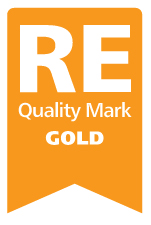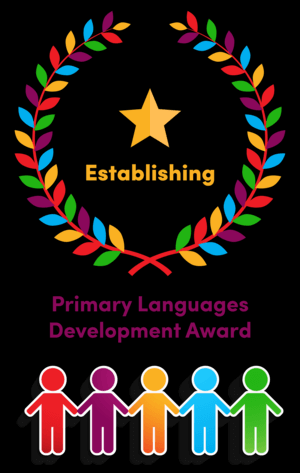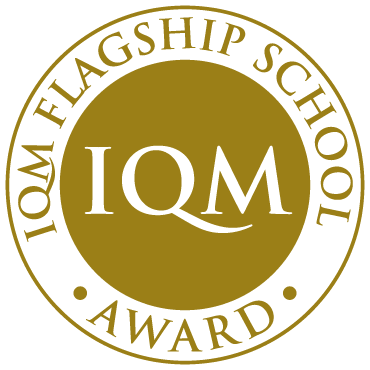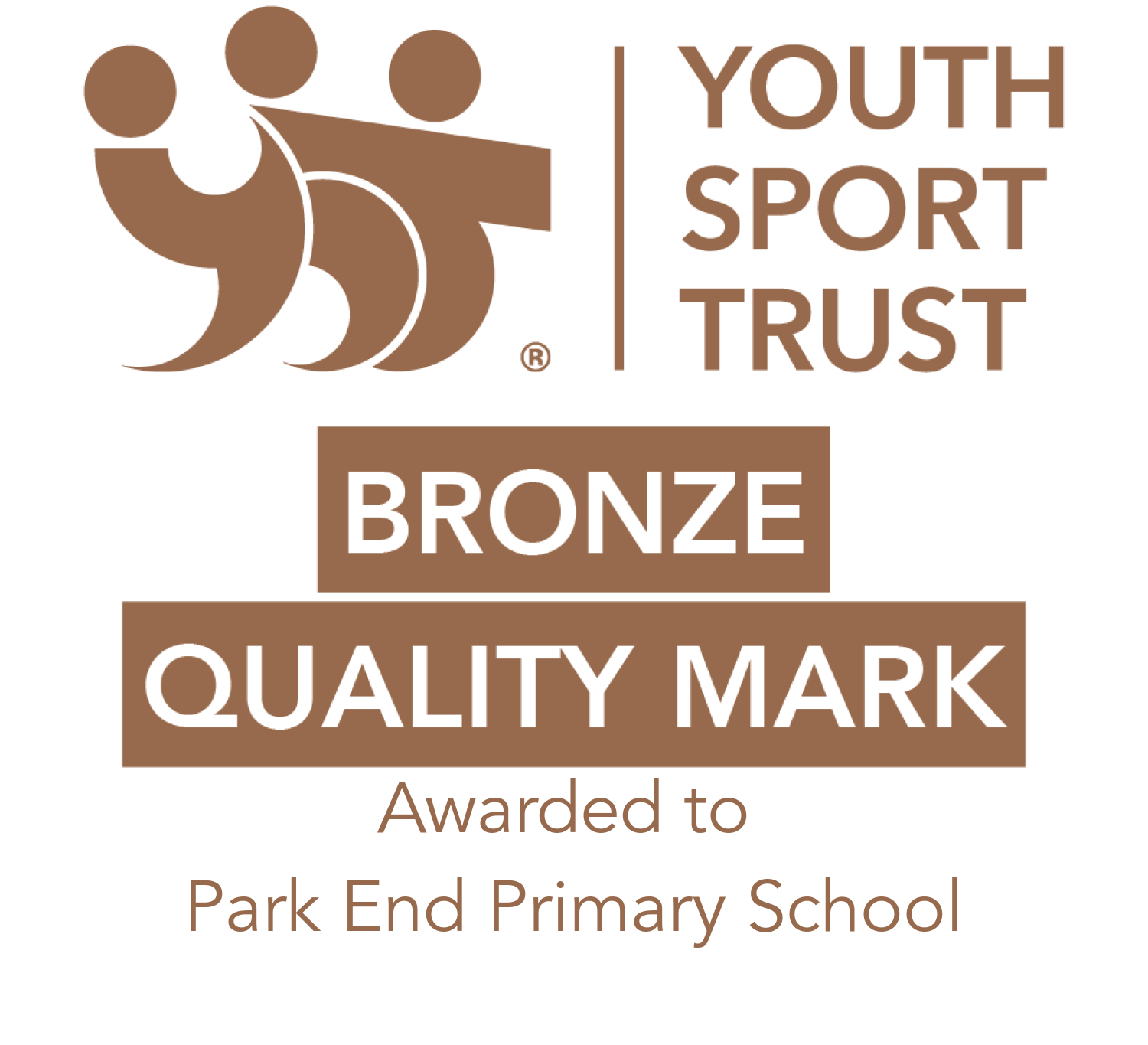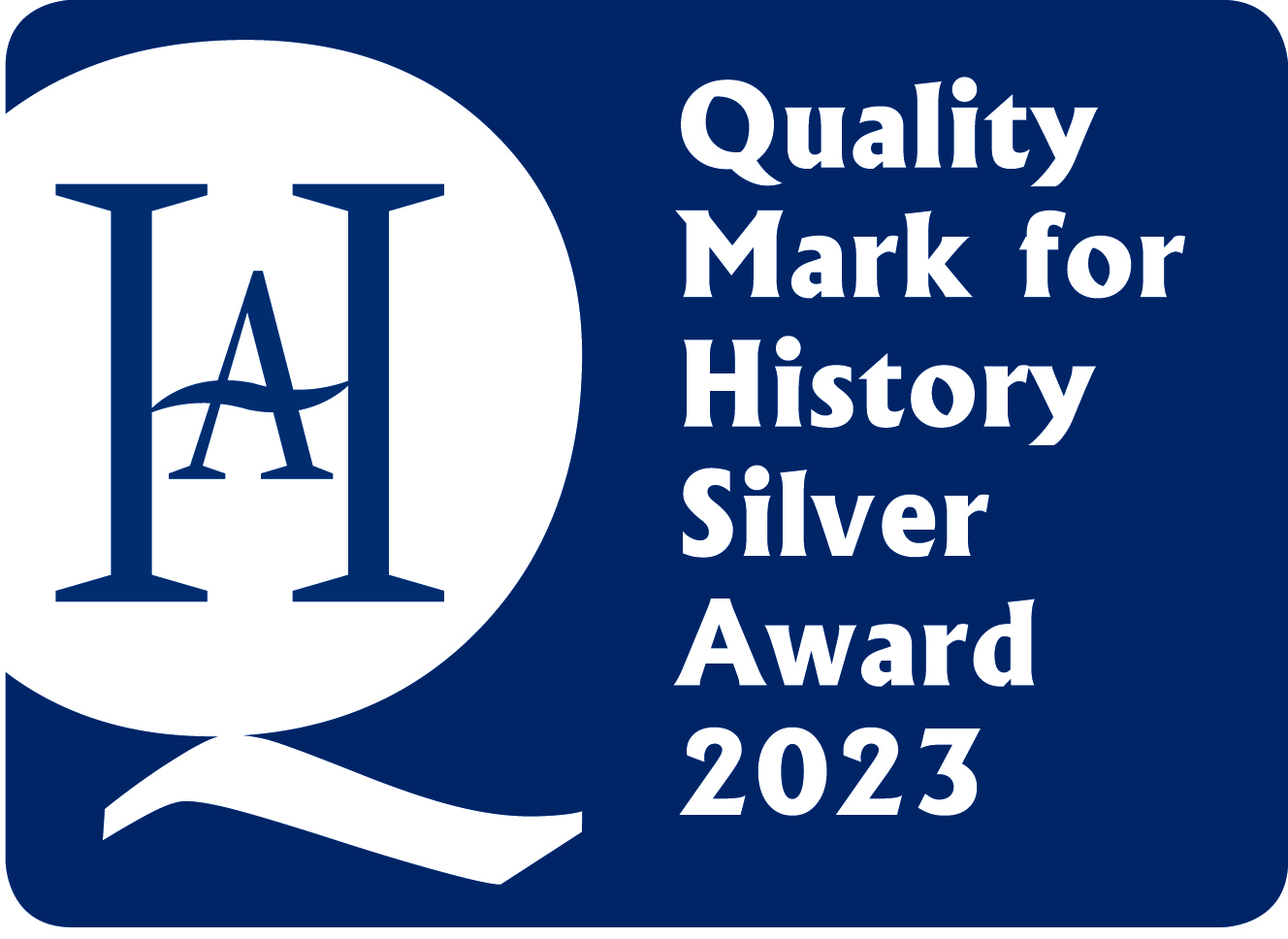History
‘The more you know about the past, the better prepared you are for the future.’ – Theodore Roosevelt
Vision
At Park End Primary School, we want children to be passionate about History. We want them to know and understand the past, question it and know that history will shape the future and communicate what they have learned.
Intent
Vision: At Park End Primary School, we want children to be passionate about History. We want them to know and understand the past, question it and know that history will shape the future and communicate what they have learned.
Our aim at Park End Primary School is to encourage pupils to develop an appreciation and understanding of the past and recognise that the study of historical events can have meaning and relevance for their lives today. Through evaluating a range of sources, our children will be able to explain clearly how these sources give us an insight about how people around the world used to live and how these interpretations may differ. Pupils will be taught to make links between these areas of learning, with the aim of developing engaged, motivated and curious learners that can reflect on the past and make meaningful links to the present day.
Our History curriculum has been designed to cover all of the skills, knowledge and understanding as set out in the 2014 National Curriculum. The National Curriculum states that ‘a high-quality history education will help pupils gain a coherent knowledge and understanding of Britain’s past and that of the wider world. It should inspire pupils’ curiosity to know more about the past.’
At Park End primary school pupils have the opportunity to:
- Investigate ethical issues in history or historical figures who have behaved ethically or unethically in the past.
- Investigate the impact of significant events and significant people
- Investigate how history has been selectively interpreted to create stereotypical perceptions and to justify particular views and actions.
- Investigate individuals who are considered to have taken a moral stand and examine their motivation and legacy.
Implementation
To ensure that pupils develop a secure knowledge that they can build on, our History curriculum is organised into a progressive model that outlines the skills, knowledge and vocabulary to be taught in a sequentially coherent way. Park End have adopted the structure of ‘Four Big Ideas’:
- Investigate and interpret the past
- Build an overview of world history
- Understand chronology
- Communicate Historically.
These ideas are all mapped out to ensure that pupils build on secure prior knowledge. A set of specific time periods will be covered in each year group and will have a set of themes running throughout. These themes and time periods will be the key to connecting all learning. They will allow the children to move back and forth in time and revisit specific historical themes: Settlements, beliefs, cultures and past times, location, main events, food and farming, travel and exploration, conflict, society and artefacts. All learning will start by revisiting prior knowledge. This will be scaffolded to support children in recalling previous learning and make connections. Staff will model explicitly the subject-specific vocabulary, knowledge and skills relevant to the learning to allow them to integrate new knowledge into larger concepts.
Each lesson will begin with an enquiry question which will allow scope for historical discussion and exploration. In order to answer the question, children will need to apply the second order concepts:
- Continuity and change
- Significance
- Cause and consequence
- Similarities and difference
- Evidence
- Interpretation
Impact
- At Park End pupils should be confident and able to talk about what they have learned in history using subject specific vocabulary.
- Children will develop curiosity about the world in which they live and will actively ask questions about historical events.
- Work produced will be of high standard and will demonstrate the knowledge and skills that they have obtained.
- Pupils will have gained a clear understanding of chronology through constantly revisiting time periods and themes.
If you would like to discuss our curriculum in more detail, please contact Sharon Armes, Deputy Head Teacher and Curriculum Leader.

